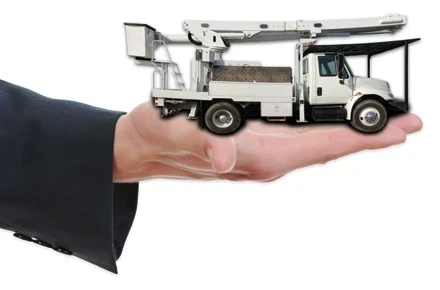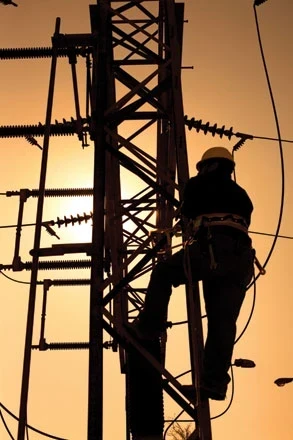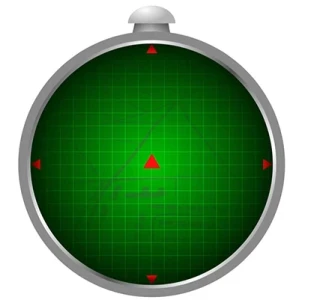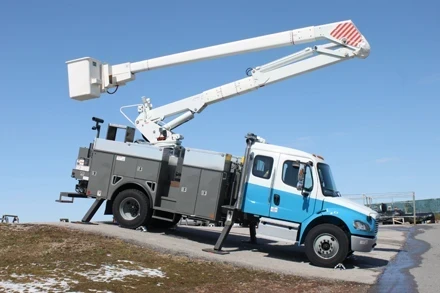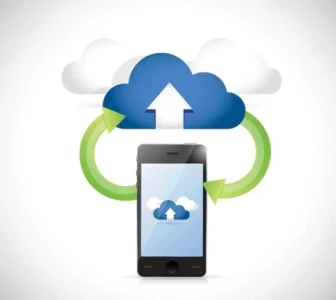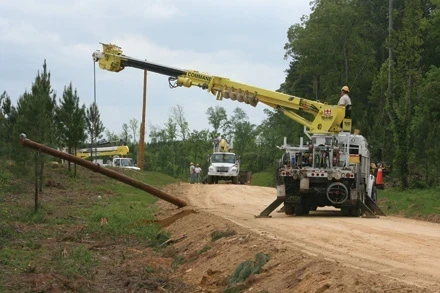Rugged Tablets for Utility Fleet Vehicles
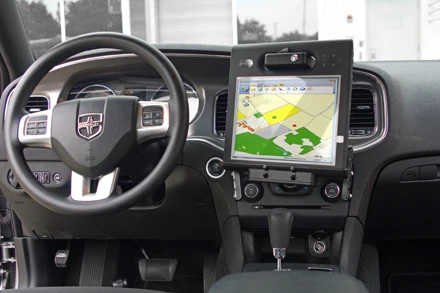
In reports analyzing the response of power utilities to incidents such as Hurricane Sandy, or the more recent ice storms on the east coast, one item has been remarkably consistent—the conclusion that communication requires improvements. The concern is not hard to fathom. Knowing accurately when power will return has an enormous impact on how a family or a business copes with the situation. Moreover, if the customer depends on electrical power for a life-support system, having the right knowledge can be a matter of life and death. The finger, however, is often pointed inappropriately at the wrong party.
News reports often cite insufficient service desk personnel, or poor forecasting by managers. What is missed is that those in charge simply do not know because of insufficient communication with the field. In a recent ice storm incident in Canada, for example, a local utility reported that the dispatch system deteriorated into utter chaos, with residents out in the streets flagging down repair trucks.

